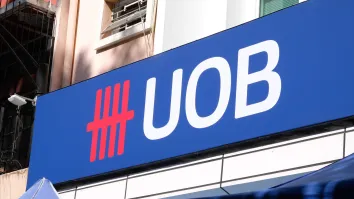Why there is no fair exchange of value in Asian banks' mass affluent segment
By Nicholas TanA few months ago during a course that I did for a group of South Korean bankers, there was a moment where the conversation turned round to what kind of special perks and benefits were given to the South Korean bank customer who had more money than the average retail customer.
It turns out that from around a decade ago, the Korean banks were already offering these customers (usually termed “Mass Affluent” customers) non-financial benefits such as swanky branches, concierge services and even free use of limousines.
The modus operandi for this segment of customers is fairly straight forward; attract the large deposits with higher rates, keep the customers happy and try to upsell them a wealth management product that will generate the fee income.
Unfortunately, anecdotal evidence suggests that many of these Mass Affluent customers end up not buying a lot of fee income products. At the same time, the bank is forced to offer sweet financial deals (higher deposit rates, lower loan rates) just to keep these customers on the books.
The deal is a great one for the customer; keep a minimum qualifying deposit amount with the bank and you get to enjoy a host of benefits that appear on paper to cost the bank quite a tidy sum.Once you put the costs against the revenue (or lack of it) for this segment of customers, the picture starts to get fairly ugly.
From what I can see, this appears to be an affliction among banks globally.
You see the same sort of play for these customers in Singapore; deposit SGD200,000 with a bank and you become a Priority/Premier/Privileged customer; the choice of P-word is yours.
For so long as you keep this amount with the bank, the perks are given to you regardless of the fact that you may be generating little revenue for the bank.
In the course that I teach to students at the university, I tell them that there is no fair exchange of value in this sort of situation. Indeed, the exchange of value is tilted far in favour of the customer.
Worst of all, the value received by the customer remains as long as the required deposit amount is maintained, creating benefits (read costs) that are almost perpetual in nature.
Clearly, bankers need to re-examine what constitutes the value that they receive from their customer in this type of situation. In the retail world, value typically equates spend or revenue.
High cost deposits generate little or no value for the bank and are not a good substitute for spend even if the bank hopes to be able to convert some of these deposits into fee income.
Defining value from a banking perspective is a challenge in itself which may explain why bankers keep doing the same things in this seemingly endless race towards the bottom.
Mass Affluent customers, in the meantime, will continue to enjoy great deals from the banks.



















 Advertise
Advertise











